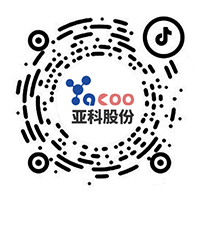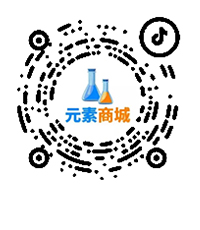Search Product
Structure Search
Search
Advantage Products
Location: Industrial Info
The University of Texas research team has developed advanced flow battery design for new energy materials and chemistry
2019-06-13
来源:转载自第三方
The sustainable development of human society depends on the effective use of new energy. Different from the traditional fuel cell (separation of active material and electrode) and electrochemical cell (electrochemical reversibility), the flow battery has a separable electroactive material storage tank and
reversible charge and discharge cycle, which is comprehensive. The advantages of energy conversion and energy storage, as well as a wide range of energy/power adjustment degrees of freedom and scalability, are considered ideal for large-scale energy storage.
Recently, Professor Yu Guihua from the University of Texas at Austin published a special review paper on the new flow battery on Chem Press, the chemical flagship magazine of Cell Press. The system summarized the design concept of advanced flow battery based on new energy materials and chemistry. Including comprehensive design and improvement of active materials, electrode structures and membranes to achieve active material solubility, redox potential, molecular scale and stability, as well as electrode conductivity and surface area, membrane selectivity and cost, and Optimization of energy conversion and storage system integration. In the active material part, the paper systematically introduces the design of redox couples based on new chemical systems, including low melting organic active substances, organic macromolecules, eutectic solvents based on metals and nonmetals, and alkali metal anodes. The high solubility, inhibited active material shuttle, high concentration, high voltage, and thus comprehensively increase the energy density of the flow battery and potentially reduce costs. In the electrode design section, the paper summarizes the suspension-based electrode material and the photo-charged flow battery, thereby achieving an integrated energy density, energy conversion and storage design comparable to that of a lithium-ion battery, reducing the cost of energy collection. In the diaphragm part, the paper systematically introduces the design of a fluid-free stratification based on Reynolds number regulation and a non-membrane flow battery without dissolving solvent, thereby further reducing the cost of the battery and broadening the application prospect.
To sum up, through the functional-oriented organic chemical synthesis and the preparation of inorganic materials, the advantages of nanotechnology in improving material properties, comprehensive interdisciplinary research in material science, energy science and engineering, follow the performance indicators of liquid flow batteries. Including energy density, power density, coulombic efficiency and production costs, etc., the article details the design method and performance optimization of the new flow battery. Finally, the paper discusses the challenges faced by the flow battery technology in practical commercial applications, and looks forward to the development prospects in this field.
Professor Yu Guihua's research group has designed new flow batteries from the perspective of energy chemistry in recent years, integrating interdisciplinary research in chemical science, materials science and energy science, including optimization of physical/chemical properties of active substances by organic synthesis, and binding of molecules. Horizontal electrochemical reaction mechanism and reaction kinetics study, supplemented by theoretical calculations, developed a series of new organic liquid flow batteries, biomimetic flow batteries, eutectic solvent flow batteries and so on. By extending the principle of “atomic economy” to the energy field, a new method has been pioneered for the development of the next generation of green energy storage materials, and a new concept for the molecular design of redox reaction pairs has been provided.
Edited by Suzhou Yacoo Science Co., Ltd.
如果涉及转载授权,请联系我们。












